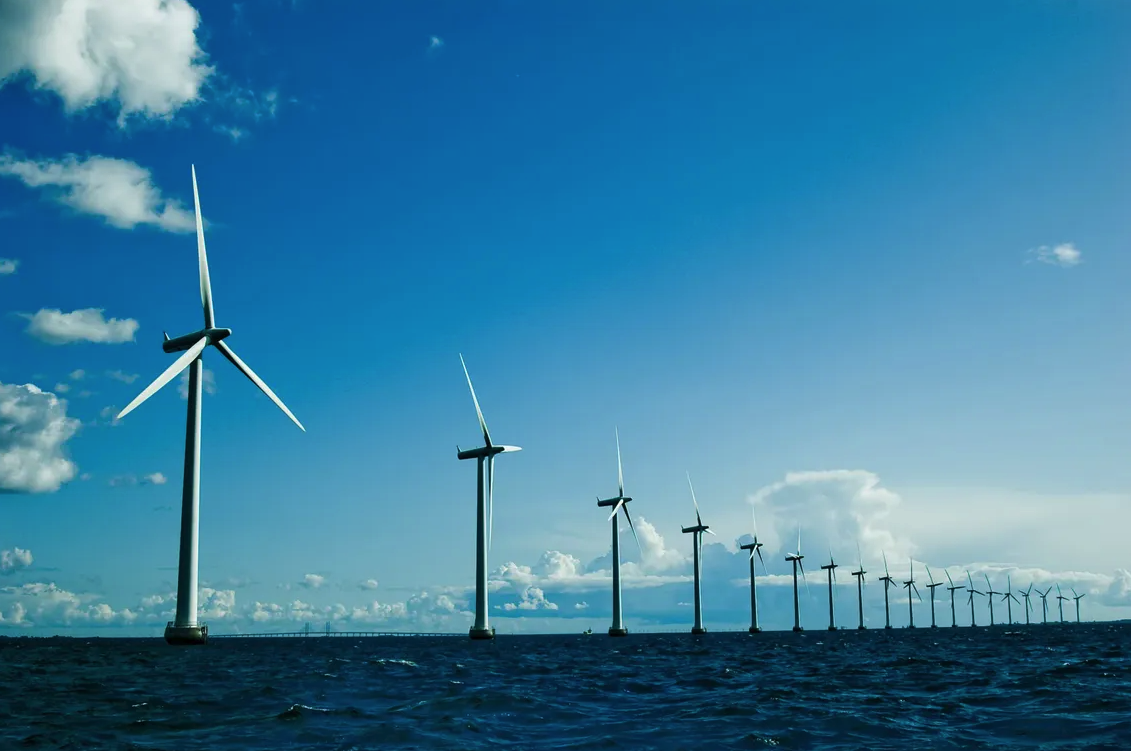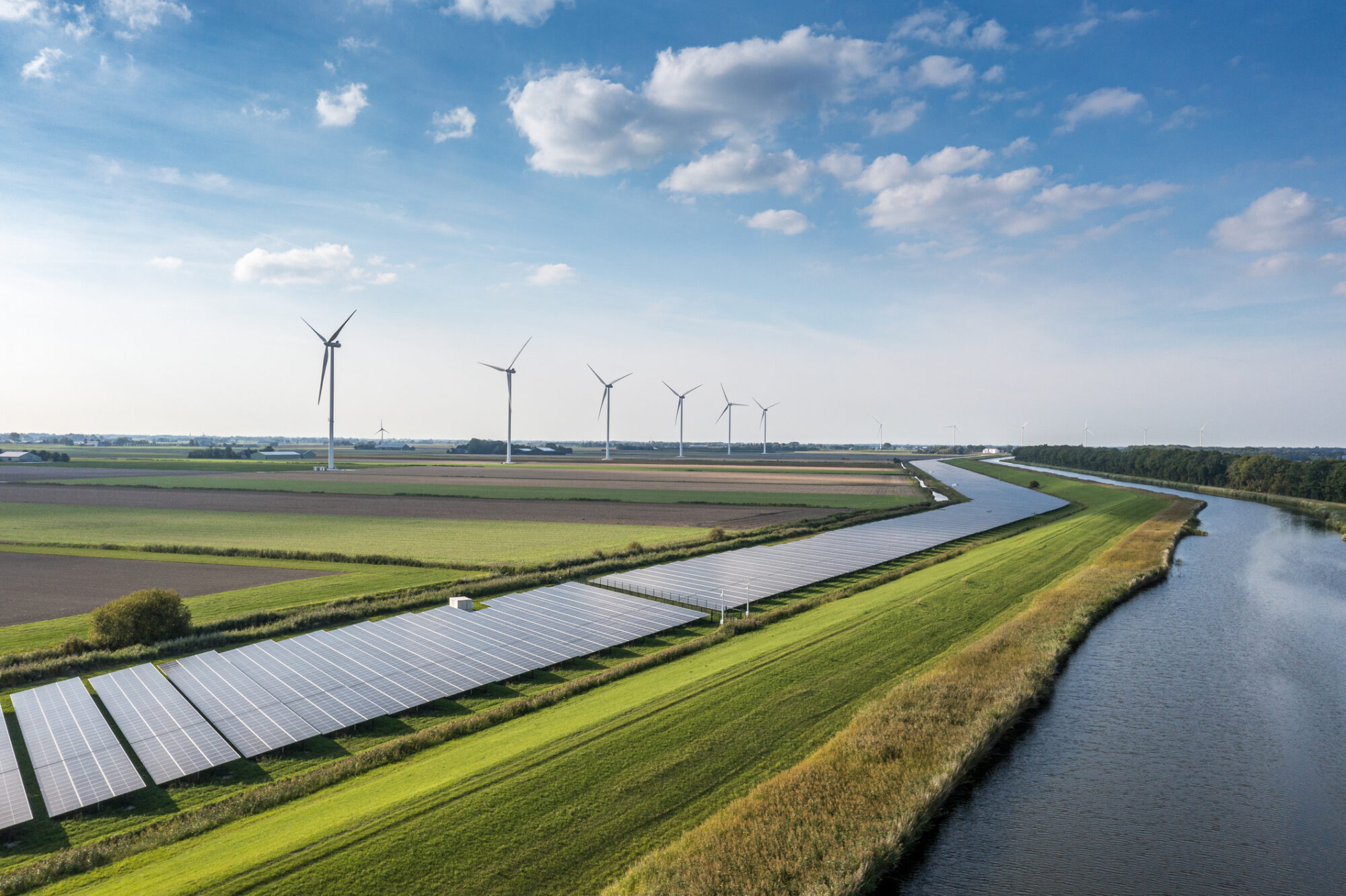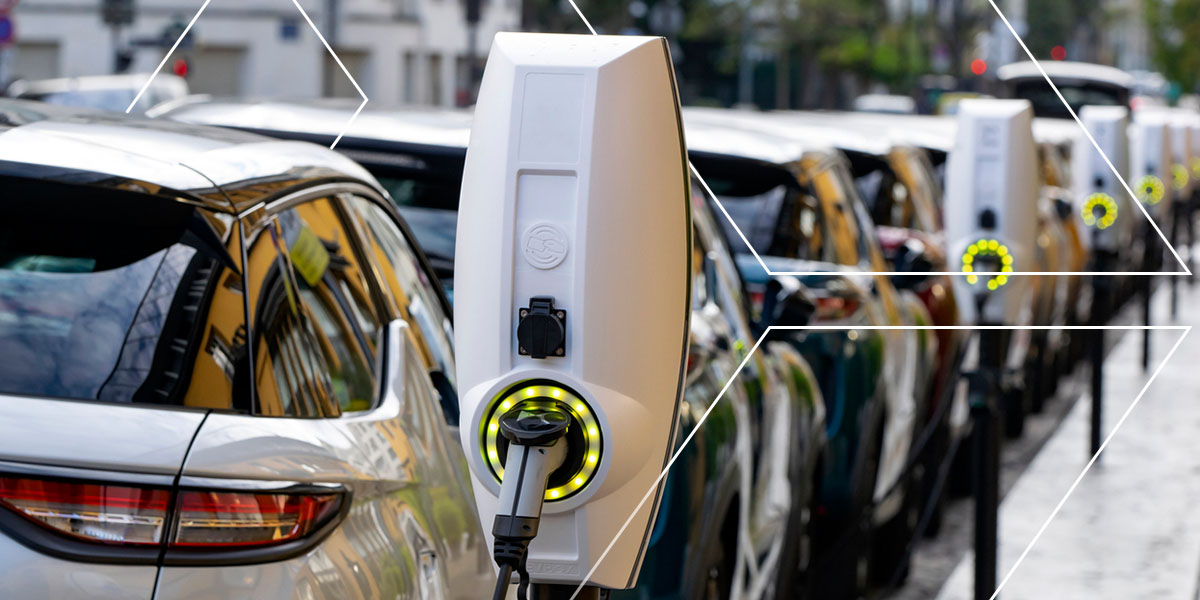Rechercher par

Offshore Wind: A Critical Energy Solution on the Path to Grid Resiliency and Decarbonization
août 29, 2023As the urgency to decarbonize and build resiliency grows, renewable energy continues to be a pivotal solution for reshaping the future of power in the U.S. From solar to wind, hydro, geothermal and biomass, each renewable resource has its sweet spot for efficient development, deployment and optimal performance. And while they all have their own pros and cons, it is imperative that we leverage them all into the energy mix to achieve decarbonization goals and ensure adequate capacity to meet increasing load demands.

Intro to NERC Regulatory Guidance on Inverter-Based Resources
août 29, 2023As renewable energy proliferates across the US power system, the North American Electric Reliability Corporation (NERC) continues to actively address reliability risks resulting from the implementation of inverter-based resources (solar and wind generation technology) connected at both transmission and Distributed Energy Resources (DER) levels.

OSHA Enforces New National Emphasis Program to Address Concerns with Warehouses and Distribution Centers
août 23, 2023Why is OSHA concerned with Warehouses and Distribution Center Operations? The warehousing and distribution centers industries are growing rapidly, with employment increasing from 668,900 workers in 2011 to 1,713,900 in 2021. Within these same industries, there have been high rates of illness and injury. Specifically, within the warehousing and storage industry, top illnesses and injuries in 2020 included:

Risk Assessment: So Much More Than a Regulatory Compliance Tool
août 18, 2023Risk assessment is a required element in federal and state environmental programs that are assessing potential environmental and/or community impact from industrial operations.

Evaluating Proof of Value from DER Optimization Software
août 17, 2023The rapid growth of Distributed Energy Resources (DERs) on the power grid brings many opportunities and challenges to energy utilities.

Preparing the Grid for Transportation Electrification
août 14, 2023Electric vehicle use is on the rise, and cities need to prepare. Discover how the power grid can accommodate growing transportation electrification trends.

Innovative Remedial Concepts to Address Microplastics
août 11, 2023Microplastics (MP) encompass plastic particles ranging in size from 1 nanometer to 5 millimeters. MP historically appeared in lotions and creams as “microbeads,” which acted as exfoliants. MP also form through different processes including the gradual degradation of larger plastic items over time, which results in the generation of progressively smaller plastic particles. Additionally, textiles and synthetic clothing can form MP from daily wear and tear.

How Does PFAS Contamination Impact the Environment?
août 11, 2023PFAS are widely used in the production of numerous products. Some PFAS chemicals are the by-product of manufacturing processes. As a result, PFAS contamination is widespread, with PFAS being found nearly everywhere in the world.

Updating Your Emergency Preparedness Plan
août 8, 2023This article discusses the importance of updating emergency preparedness plans for industrial, commercial and public facilities. Many regulations require these plans, but they often lack updates to address newer threats, technologies and best practices.
0 résultats


